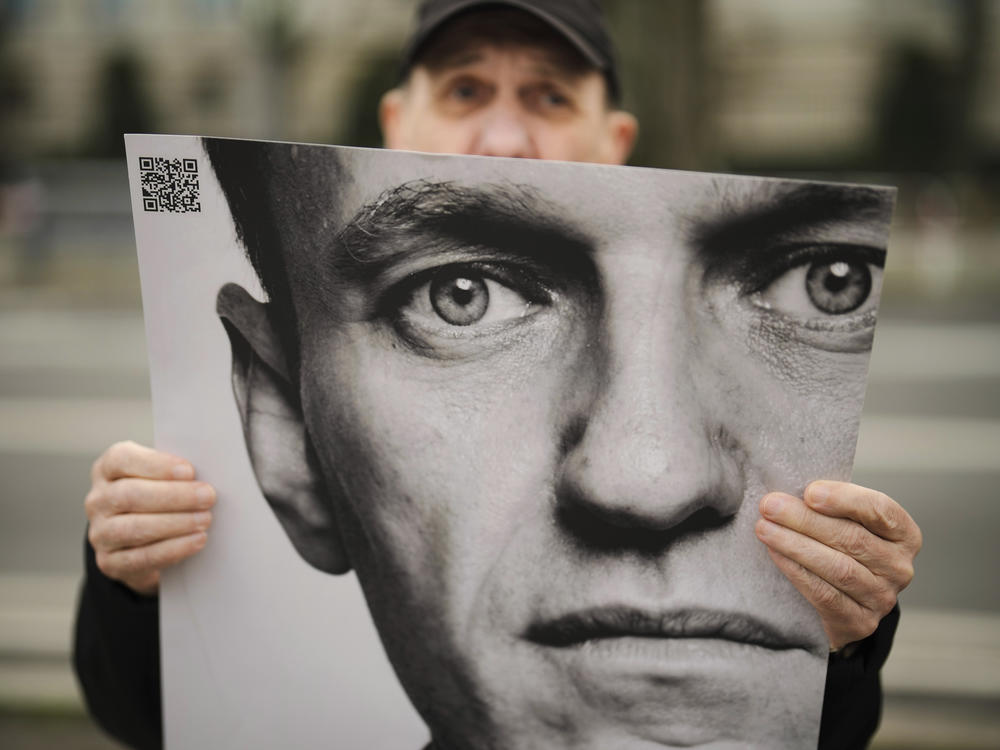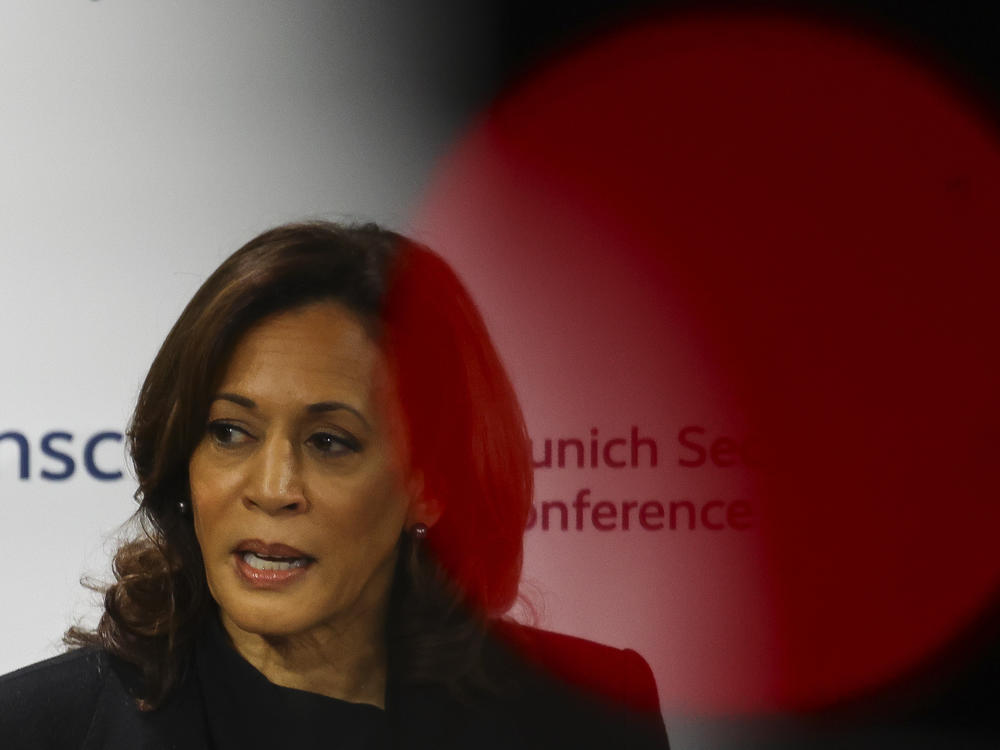Section Branding
Header Content
The world reacts to the death of Navalny, a top critic of Russian President Putin
Primary Content
The international reaction to the death of prominent Russian opposition leader Alexei Navalny was swift. World leaders and senior officials, exiled Russians and Kremlin watchers praised his activism and, in many cases, laid blame squarely on the Russian government's shoulders.
Russia's Federal Penitentiary Service said Navalny, who was 47, lost consciousness after taking a walk in a remote Arctic prison where he was serving a lengthy sentence for multiple charges. Navalny's supporters see the charges as stemming from Navalny's criticism of Russian President Vladimir Putin.
Navalny's wife, Yulia Navalnaya, speaking at the Munich Security Conference, said if the news is true, she holds Putin, his friends and government responsible for all the "awful things" committed in Russia.
She called for the world to "unite and fight this evil ... the horrific regime in Russia."
Vice President Harris also commented at the conference in Munich, Germany. "If confirmed, this would be a further sign of Putin's brutality," she said. "Whatever story they tell, let us be clear, Russia is responsible."
Secretary of State Antony Blinken said at the same conference that Russia was to blame, saying Navalny's "death in a Russian prison and the fixation and fear of one man only underscores the weakness and rot at the heart of the system that Putin has built."
The United Nations Human Rights Office spokesperson, Liz Throssell, issued a sharp statement as well, saying the office is "appalled at the news."
She said the U.N. high commissioner for human rights had previously noted Navalny's sentence "raised questions about judicial harassment and instrumentalization of the court system for political purposes in Russia."
She added, "If someone dies in the custody of the State, the presumption is that the State is responsible," and urged for the need of "a credible investigation by an independent body."
There were also strong reactions throughout Europe.
German Chancellor Olaf Scholz, writing on X, formerly Twitter, said Navalny stood up for democracy and freedom in Russia — and apparently paid for his courage with his life. "This terrible news shows once again how Russia has changed and what kind of regime is in power in Moscow," he said.
News images from Berlin show a small gathering of protesters outside the Russian Embassy following the news Friday.
In 2020, Germany temporarily took in Navalny and provided medical care after he was poisoned.
Ukrainian President Volodymyr Zelenskyy said, "It is obvious that he was killed by Putin." He said the Russian president doesn't care who dies so long as his position as head of state is secure.
The European Union also holds the Kremlin responsible. EU Council President Charles Michel said on X that Navalny made the ultimate sacrifice for his ideals and that the EU "holds the Russian regime for sole responsible for this tragic death."
Canadian Prime Minister Justin Trudeau said the news reminds the world what a "monster" Putin is.
"It really shows the extent to which Putin has [or] will crack down on anyone who is fighting for freedom for the Russian people," Trudeau told Canadian public broadcaster CBC. "And it's something that has the entire world being reminded of exactly what a monster Putin is."
NATO Secretary-General Jens Stoltenberg said he was "deeply saddened" by the news, but he urged patience until all the facts are clear and that Russia can answer all the circumstances of Navalny's death.
Some were skeptical of the news from Moscow.
Kira Yarmysh, a spokesperson for the opposition leader, said she had no confirmation, and that Navalny's lawyer was flying to the prison to get more information.
Navalny's mother, Lyudmila Navalnaya, said she didn't want any condolences yet. She saw her son in a meeting at the prison on Monday and he was "alive, healthy and happy," she wrote on Facebook, according to news reports.


